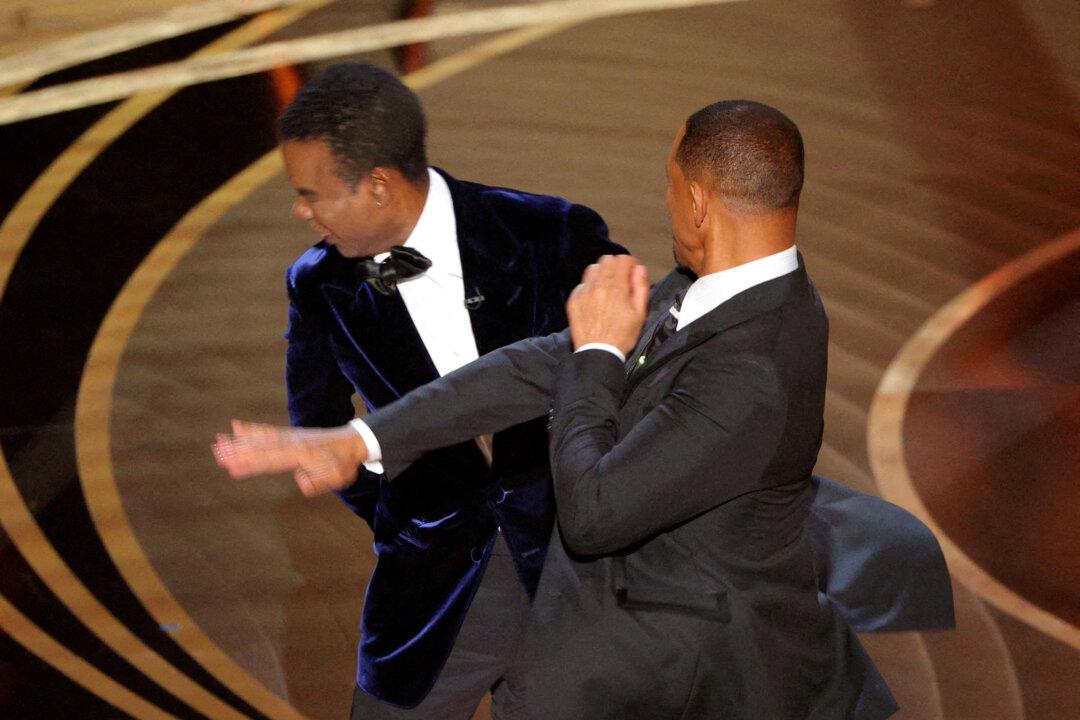Commentary
Remember the good old days of Hollywood blockbusters, when women were dames, men probably didn’t even know what a pronoun was, and a well-timed face slap could solve all manner of societal woes?

Remember the good old days of Hollywood blockbusters, when women were dames, men probably didn’t even know what a pronoun was, and a well-timed face slap could solve all manner of societal woes?